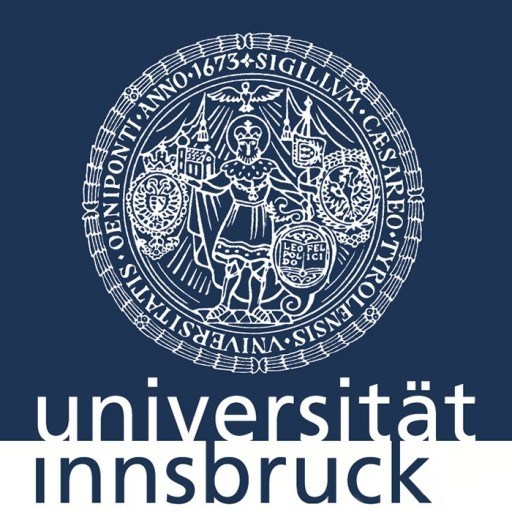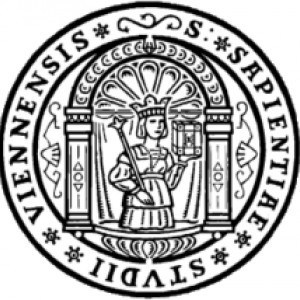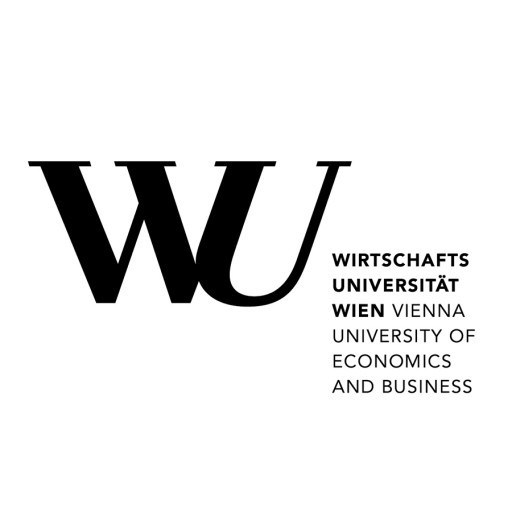Photos of university / #uniinnsbruck
The Bachelor's Degree Programme in Microbiology at the University of Innsbruck offers a comprehensive and in-depth education in the fundamental principles of microbiology, encompassing the study of microorganisms such as bacteria, viruses, fungi, and parasites. This program aims to equip students with the theoretical knowledge and practical skills necessary to understand the complex roles that microorganisms play in health, disease, industry, and the environment. Throughout the course of study, students will explore various aspects of microbiology, including microbial genetics, molecular biology, biochemistry, immunology, and microbial ecology, providing a well-rounded foundation for careers in research, healthcare, biotechnology, and environmental management.
The program is structured to foster critical thinking, experimental competence, and problem-solving abilities through a combination of lectures, laboratory work, and research projects. Students will gain hands-on experience in state-of-the-art laboratories, working with advanced techniques in microbial cultivation, molecular diagnostics, and data analysis. Interdisciplinary coursework ensures that graduates are prepared to address current challenges such as antibiotic resistance, infectious diseases, biotechnological innovations, and environmental sustainability.
In addition to scientific training, the programme emphasizes development of transferable skills like scientific communication, teamwork, and project management, which are essential in professional settings. The curriculum is aligned with international standards and maintains a strong research component, enabling students to participate in ongoing research projects at the university and collaborate with leading experts in the field. Graduates of this program are well-prepared to pursue postgraduate studies or enter the workforce in sectors such as pharmaceuticals, healthcare diagnostics, environmental consultancy, food safety, and bioindustry.
Furthermore, the programme benefits from the University of Innsbruck’s strong links with research institutions and industry partners, offering students valuable networking opportunities and internships. The diverse and international environment at the university promotes a global perspective in microbiological sciences, preparing students to work effectively in multicultural settings. With a solid scientific foundation and practical experience, graduates are capable of contributing to innovations that address global health issues and promote sustainable development. The Bachelor's in Microbiology at the University of Innsbruck is an excellent choice for students passionate about understanding the microbial world and making a positive impact through science.
First Semester
- CM Systematics of Microorganisms
- CM Physiology of Microorganisms
- CM Microbial Ecology and Biotechnology
- Elective Modules
Second Semester
- CM Genetics and Genomics of Microorganisms
- CM Quantitative Techniques in Ecology
- Elective Modules
Third Semester
- Elective Module
- CM Instructions for Scientific Working
- Master's Thesis » continue fourth semester
Fourth Semester
- Elective Module
- Master’s Thesis
- CM Master's Thesis Defense
Requirements
- Completed a bachelor's degree in a relevant related field.
- Transcript of records including number of ECTS-Credits completed,
- Curriculum vitae,
- Proof of German language ability (level B2)
as well as (originals or officially certified copies):
- Notice (“Bescheid”) confirming awarding of bachelor’s degree,
- Diploma certificate,
- Examination certificate,
- Diploma Supplement
- Transcript (list of examinations completed).
The financing of the Microbiology degree program at the University of Innsbruck is primarily covered through a combination of public funding, student contributions, and additional financial support mechanisms. As an Austrian public university, the University of Innsbruck benefits from government funding allocated by the federal and regional authorities, which ensures that the core infrastructure, faculty salaries, and educational resources are maintained. Students pursuing the Microbiology program are usually required to pay a semester fee, which includes a tuition fee and a student union contribution. The tuition fee for non-EU students may vary and is generally higher than for EU students, with precise figures subject to annual adjustments by university regulations.
In addition to the mandatory semester fee, financial aid options are available for students. These include scholarships, grants, and study aids provided by the Austrian government, regional authorities, or private foundations. International students may also explore Erasmus+ exchanges, which sometimes include mobility grants to help cover travel and living costs during part of their studies. The university offers information and support services to assist students in applying for such financial aid opportunities.
Part-time employment is a common way for students to support themselves financially during their studies. The local economy in Innsbruck offers various part-time job opportunities for students within the university or nearby businesses. The university's career services provide guidance on job searching, internships, and part-time work arrangements compatible with academic schedules.
Furthermore, research funding and grants obtained by faculty members can indirectly support the program's infrastructure and research activities, helping to offset some costs associated with practical training and laboratory resources. European Union research programs may also provide funding opportunities for students involved in research projects, contributing to the overall financial landscape of the program.
Overall, students enrolled in the Microbiology program at the University of Innsbruck can expect their financing to be primarily based on public funding, university fees, financial scholarships, and personal or external employment. The university aims to make education accessible through various financial support channels, emphasizing that studying microbiology is attainable for students from diverse economic backgrounds with proper planning and support.
The Bachelor's degree program in Microbiology at the University of Innsbruck offers students a comprehensive education in the core concepts and applications of microbiology. This program is designed to provide students with a solid foundation in the biological sciences, with a specific focus on the structure, function, and ecology of microorganisms. The curriculum covers various aspects of microbiology, including molecular biology, genetics, biochemistry, and cell biology, enabling students to understand how microorganisms interact with their environments and their role in human health, agriculture, and industry.
Students will engage in both theoretical learning and practical laboratory work, equipping them with essential skills in microbial identification, cultivation techniques, and experimental analysis. The program emphasizes research competence and critical thinking, preparing graduates for careers in research institutions, biotechnology companies, pharmaceutical industries, healthcare, and environmental sectors. Additionally, students have opportunities to participate in internships and collaborative projects, gaining real-world experience in microbiological sciences.
The program also explores the latest developments in microbiology, such as genomics, bioinformatics, and systems biology, ensuring that graduates are well-versed in current technologies and methodologies. Language of instruction primarily is English, increasing the programm's accessibility to international students. The degree is typically structured over three years, with coursework complemented by a bachelor thesis that fosters independent research skills.
Career prospects for graduates include roles as microbiologists, laboratory technicians, research assistants, or further specialization through master's and doctoral programs. The program aims to meet the growing demand for microbiology expertise across various sectors, addressing global challenges like infectious diseases, antibiotic resistance, food safety, and environmental sustainability. Graduates of the University of Innsbruck's Microbiology program are well-equipped to contribute to scientific advancements and innovative solutions in their respective fields.



